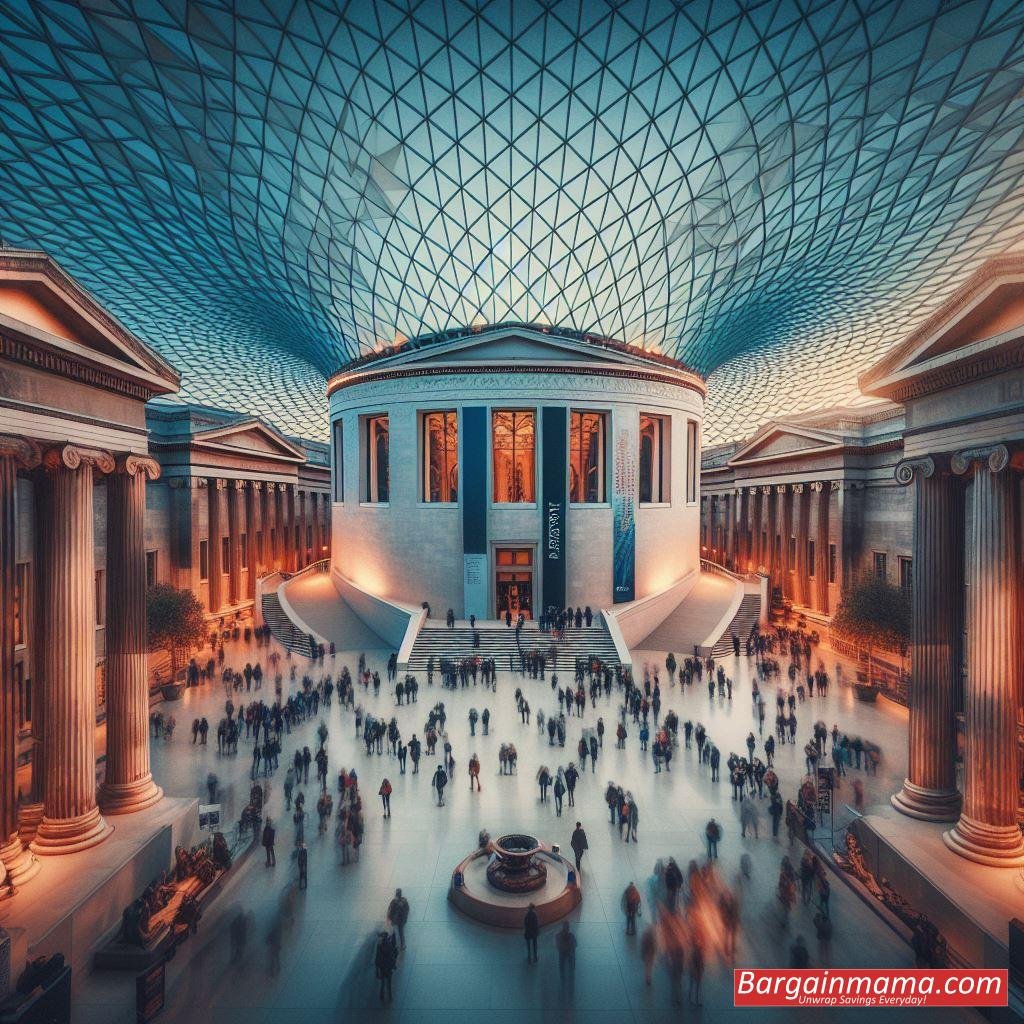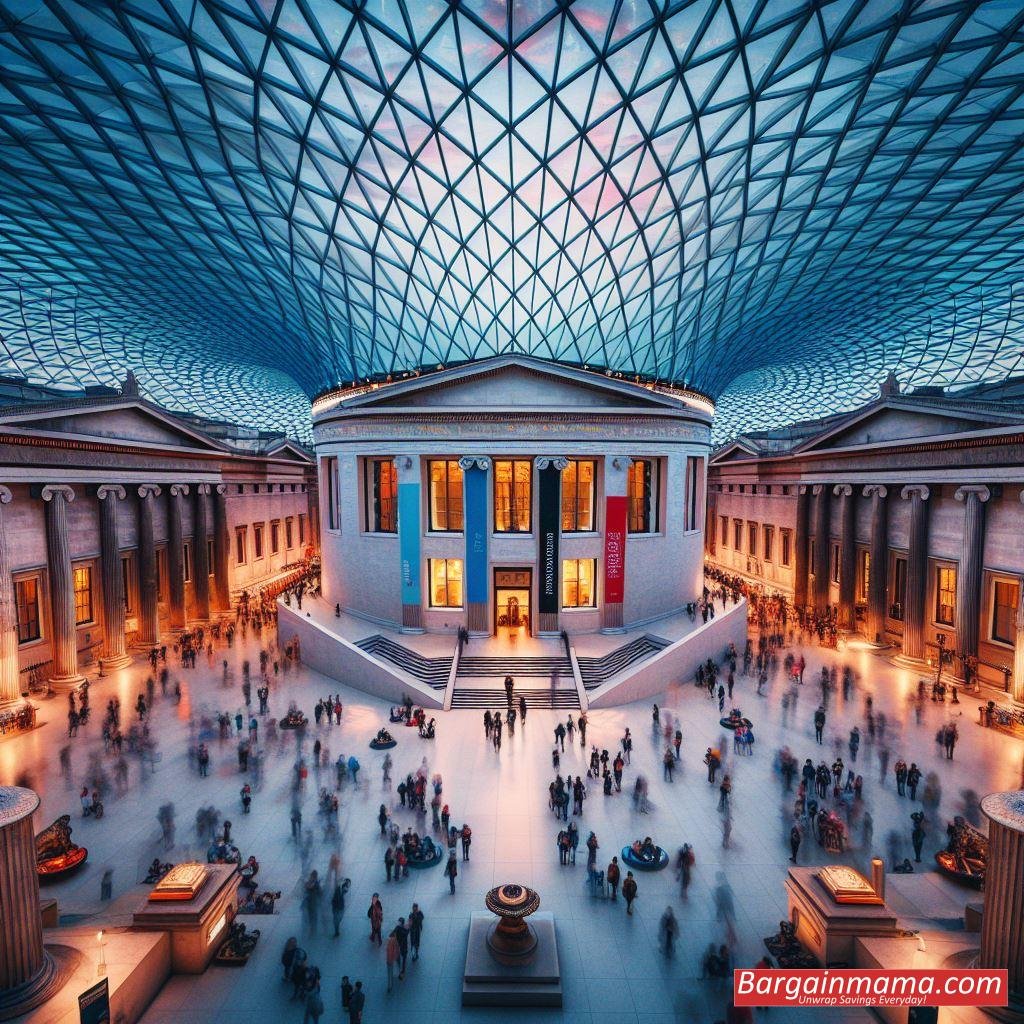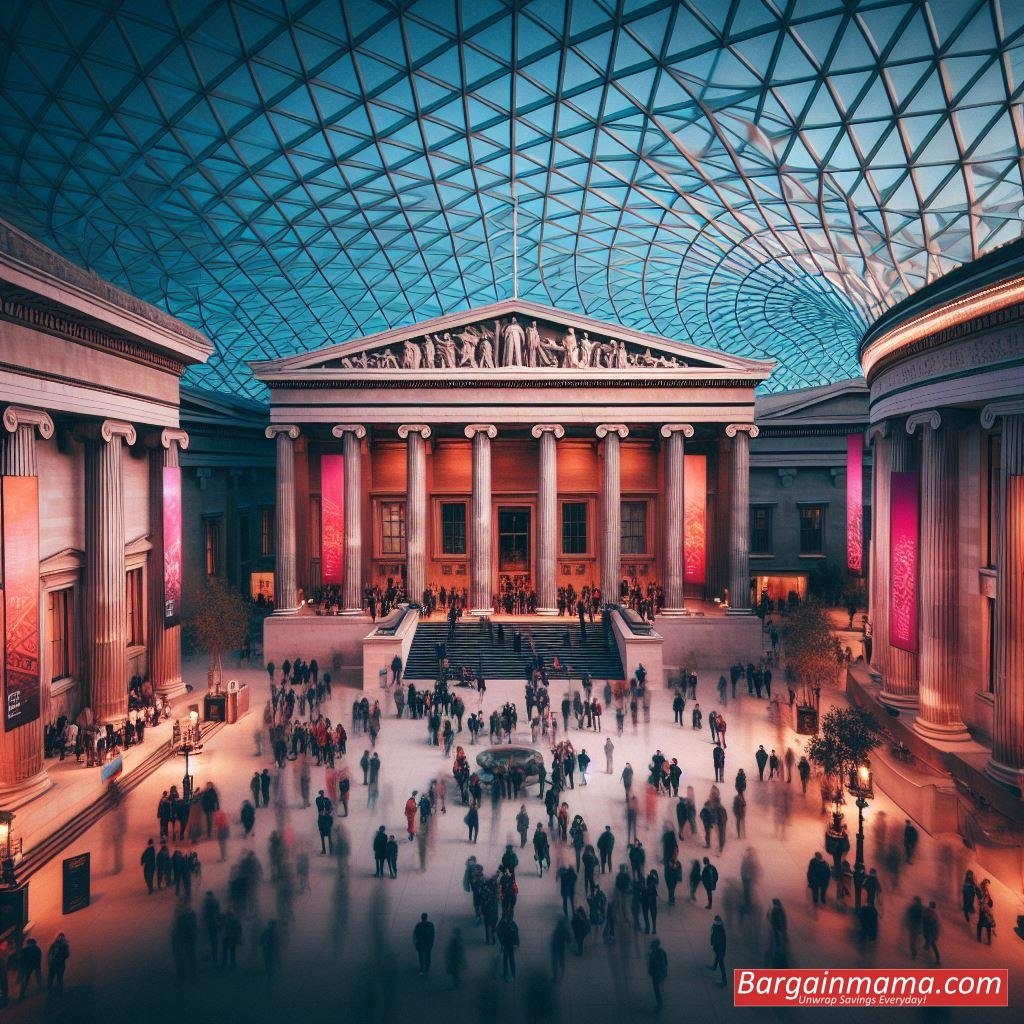The Victoria and Albert Museum and the British Museum have announced a historic three-year agreement to lend Ghana priceless gold and silver artefacts that were looted during West African colonial wars. The Asante royal court’s artefacts will be on display at Kumasi’s Manhyia Palace Museum as part of the silver jubilee celebrations of Asante King Otumfuo Osei Tutu II.

17 items from the V&A and 15 from the British Museum are included in the deal; many of them haven’t been seen in Ghana in 150 years. The majority of the artefacts were taken during the Anglo-Asante wars of the 19th century from Kumasi, and some were taken as part of an indemnity payment that was taken from the Asantehene (king) under duress at the time. Remarkably, the collection also consists of a gold lute-harp that was sent to British envoy Thomas Bowdich in 1817 as part of a commercial agreement.
The agreement was welcomed as a “good starting point” in redressing the historical wrongs of the UK’s harsh colonial history by Nana Oforiatta Ayim, special assistant to Ghana’s minister of culture. She emphasised the artefacts’ spiritual significance, calling them a part of the country’s soul, and she highlighted the significance of their return as a means of remembering and healing.

The objects were described as “our crown jewels” by Tristram Hunt, director of the V&A, who also emphasised the museum’s dedication to sharing collections with a colonial heritage. He stressed that the three-year agreement with the Asante king was not restitution through the back door and said that the collaboration with the Manhyia Palace Museum was a step towards a more equitable sharing of cultural resources.
It is important to note, though, that laws prohibit large UK museums, such as the British Museum and the V&A, from returning controversial artefacts in their collections permanently. This includes objects like the Parthenon sculptures, which Greece has been pleading for their return, and the bronzes from Benin, which Nigeria has likewise insisted be returned.

Greece’s prime minister, Kyriakos Mitsotakis, repeated appeals for the return of the Parthenon marbles, underlining that their reunification at the Acropolis Museum is important for completely recognising its cultural value.



